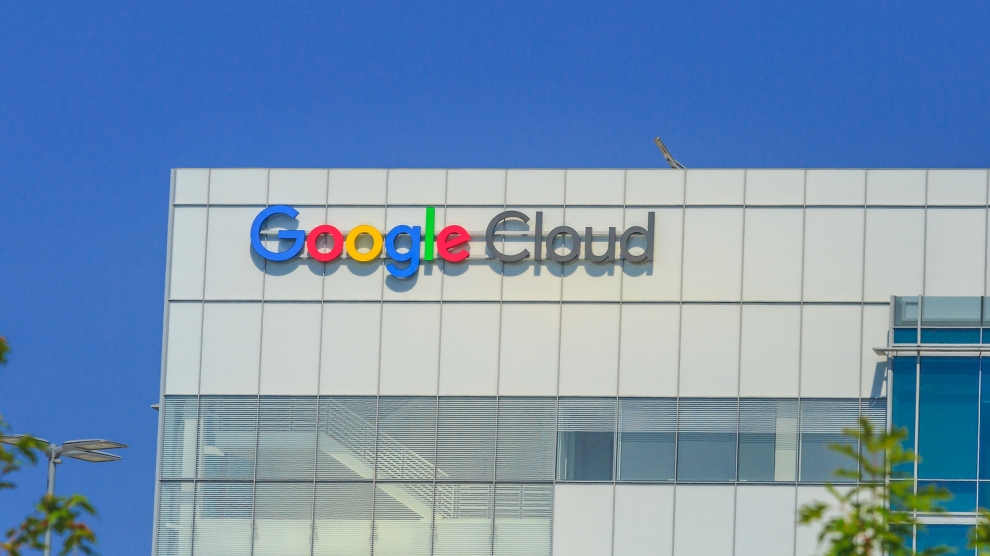Google has announced plans to open a new cloud region in Warsaw, Poland to better serve its customers in Central and Eastern Europe.
This move is part of Google’s overall investment in expanding the physical footprint of its data centers, and follows its commitment to spend 3.3 billion US dollars on its data center presence in Europe.
“Digital technologies are becoming the next growth engine for the Polish economy. To prepare enterprises and public organisations of all sizes for this digital transformation, Poland must have a strong technology backbone and easy access to new innovations that will accelerate business development, complete with investments in technological solutions, support programs, digital skills training and knowledge sharing. This is why we are forming a strategic partnership with Poland’s Domestic Cloud Provider (DCP), helping new and established Polish businesses to take advantage of all that the cloud has to offer,” said Thomas Kurian, the CEO of Google Cloud.
Google Cloud currently operates 20 different regions. The new cloud region in Warsaw will be the first in emerging Europe.
“With this new region, Google Cloud customers operating in CEE will benefit from low latency and high performance of their cloud-based workloads and data. Designed for high availability, the region will have three zones to protect against service disruptions, and will launch with our portfolio of key products, including Compute Engine, App Engine, Google Kubernetes Engine, Cloud Bigtable, Cloud Spanner, and BigQuery,” added Mr Kurian.
“This is an important moment for the Polish economy. We are very proud to partner with Google Cloud and to see them bring a new cloud region to Warsaw. Global enterprises are already building their competitive advantage on Google Cloud and now we will be able to offer customers in Poland the same advanced technology available worldwide,” said Michał Potoczek, CEO of Domestic Cloud Provider. “We believe in a multi-cloud strategy. A Google Cloud region, together with our own infrastructure, will allow us to build hybrid services which will bring even more value to our customers.”

